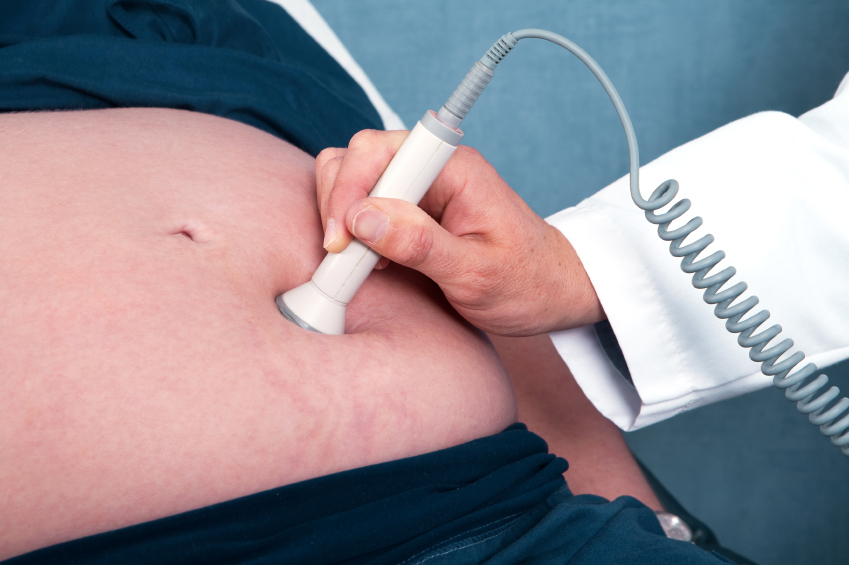The Cerba laboratory, which has developed the new non-invasive screening test (NIPS) for Down syndrome in France, just announced the results of its SEDHA clinical trial on 30 September: the sensitivity of the test exceeded 99% for 907 women considered to be at high “risk” of carrying a Down syndrome baby.
A new study is scheduled to start in January 2015. This will involve a thousand women and should take six months. According to the Parents.fr website, the aim seems to be to “extend these tests to the general population“. This fact does not appear to be confirmed by the daily newspaper, La Croix, given the high cost of the test (€650) and the longer waiting time for the results.
An initial test involving serum markers is currently carried out to screen for Down syndrome. If the mother is considered to be at risk, she is offered an amniocentesis or trophoblast biopsy. These invasive procedures can cause a miscarriage in 1 to 2% of cases. “The issue according to Cerba is therefore to reduce recourse to amniocentesis by carrying out an additional test when the first serum marker result is positive“, explains the newspaper, La Croix.
However, this advance, which is undisputed in technical terms, raises major ethical concerns. “Mightn’t genome sequencing on which [the test] is based encourage doctors to highlight other anomalies at the same time, which could lead parents to refuse to give birth to their child?” asked the La Croix journalist. Although ethicist, Xavier Lacroix, member of the CCNE, states that the risk of an “eugenic spin-off is high“, he nevertheless echoes the sentiment of the Ethics Committee for whom “the proposed test involving foetal DNA sequencing in the mother’s blood constitutes progress from an ethical standpoint“.
La Croix (Flore Thomasset) 01/10/2014 – Parents.fr 30/09/2014 – Gènéthique

